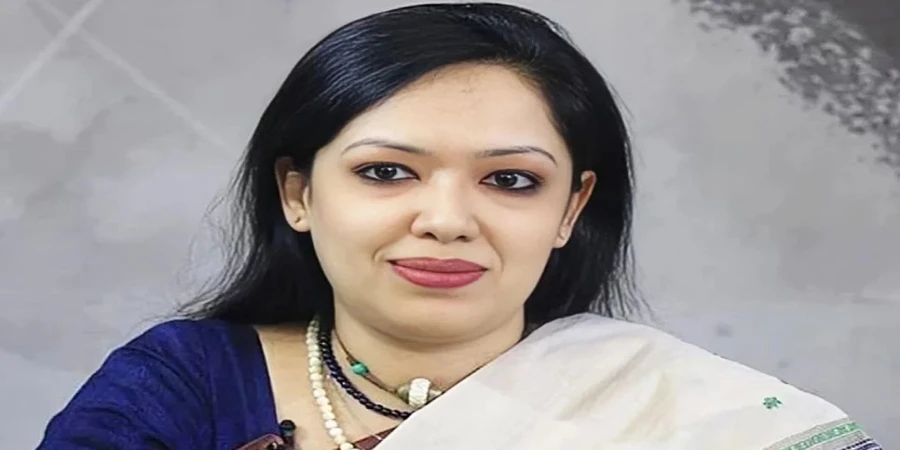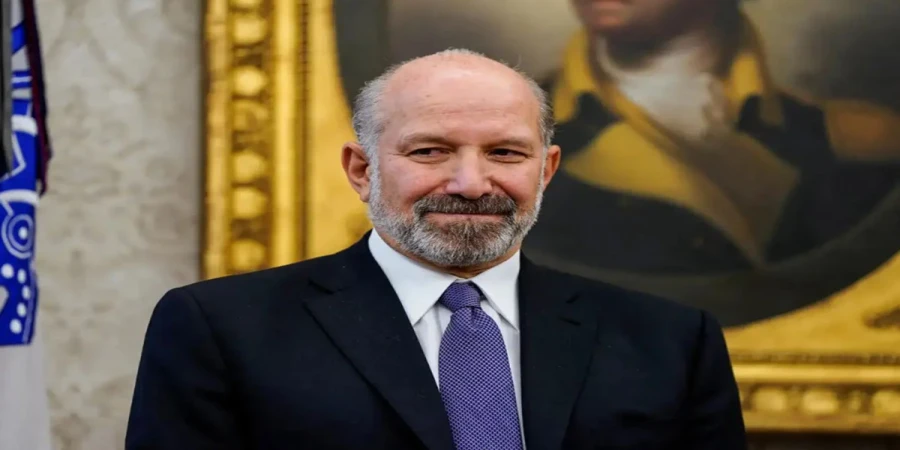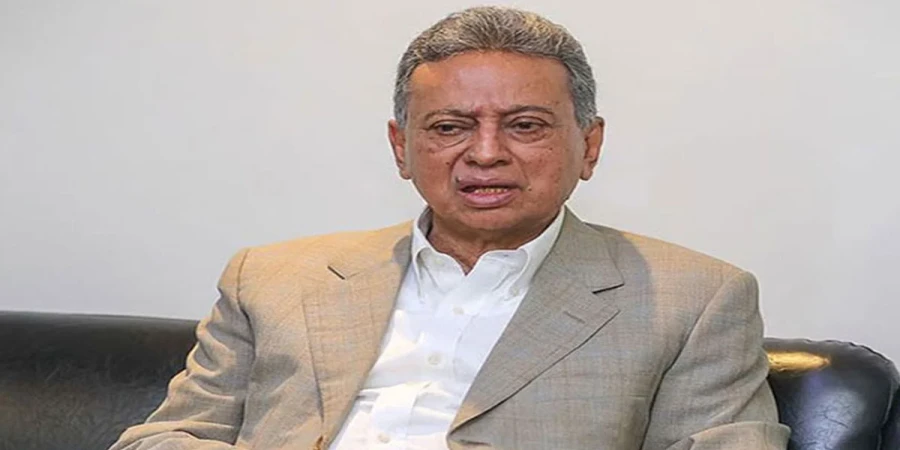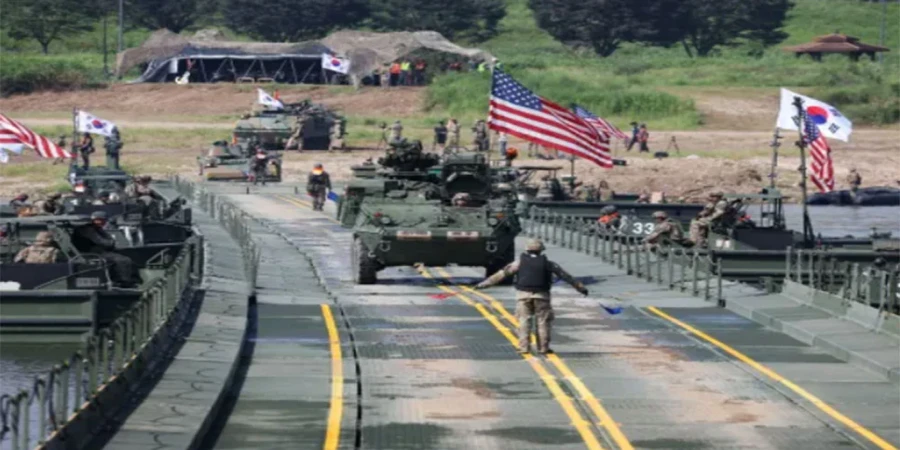
ছবি: -Collected Photo
Dhaka, Bangladesh – BNP Assistant International Affairs Secretary Rumeen Farhana has said that Bangladesh has not seen improvement in any sector over the past year under the current interim administration. Speaking during a recent talk show, she argued that the situation demonstrates how governance ultimately functions better when politicians, rather than non-political actors, are in control.
“Whether good or bad, the fact remains that a country runs better in the hands of politicians. The last one year proves it—tell me one sector where Bangladesh has moved forward under this government,” she remarked.
Rumeen Farhana drew attention to what she described as a longstanding effort to weaken political authority in the country. She traced this trend back to the events of 2006–07, particularly the political crisis during the state of emergency in 1/11, when, according to her, attempts were made to break apart the mainstream political parties. “These are the very parties through which politics was shaped in Bangladesh, who were in government, who led the opposition, and who held responsibility for running the country. Yet there has been a continuous conspiracy to sideline them,” she said.
Turning her focus to the present, Rumeen Farhana criticized the formation of the interim government on August 5, which she claimed was followed by targeted campaigns against the BNP. “There have been continuous attempts to portray BNP leaders and activists as being involved in wrongdoing. In response, BNP has taken disciplinary measures by expelling some individuals. But BNP is not in power. That is the extent of its capacity. There is a government in place—what actions are they taking? We have not seen any satisfactory answers,” she asserted.
She further expressed concern over what she described as a deteriorating law and order situation, highlighting incidents of mob violence. “The way mobs are forming in different places, and how law and order seems to be spiraling out of control, these are not normal events. The army has been given magistracy powers, yet these incidents are still happening. That is deeply alarming,” she noted.
According to Rumeen Farhana, the broader attempt has been to gradually remove politics from the hands of politicians and shift it elsewhere. In her view, both former Prime Minister Sheikh Hasina and the Awami League played significant roles in this process of depoliticization. “The depoliticization began during 1/11, and we continue to see its continuity today,” she said.
The BNP leader also criticized Chief Adviser Dr. Muhammad Yunus, pointing to what she sees as contradictions between his statements and the current reality. “Dr. Yunus spoke about freedom of expression, saying he had opened the doors for people to freely criticize him. But those few who actually voiced criticism are now mostly in jail,” she claimed.
Her remarks reflect the ongoing political friction in Bangladesh as the interim government faces scrutiny from opposition parties who argue that democratic space has been shrinking. The BNP, which has been out of power for many years, continues to accuse both the current administration and its predecessors of systematically attempting to marginalize the party and weaken the role of political actors in governance.
Observers note that Rumeen Farhana’s statements highlight not only the BNP’s grievances but also its positioning strategy in the current political climate. By framing the interim period as a continuation of long-standing depoliticization efforts, she underscored her party’s argument that political authority must remain with politicians if democracy is to function properly.
While the government has defended its actions as necessary for stability and reform, opposition voices like Rumeen Farhana insist that the past year reflects failure across all fronts, from governance to law and order, and from political freedoms to public confidence. The debate over who should guide Bangladesh’s political future continues to deepen as the nation navigates its transition under interim leadership.
repoter





